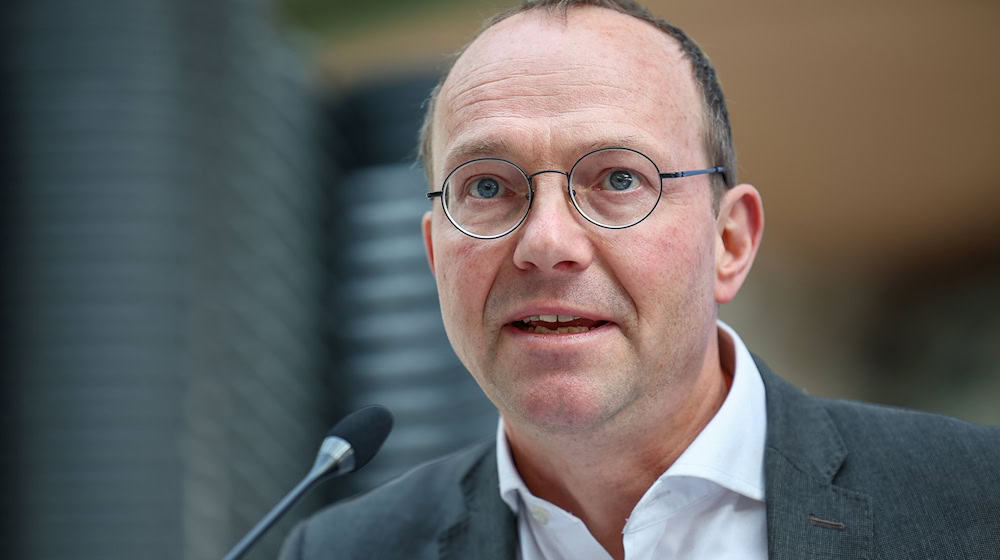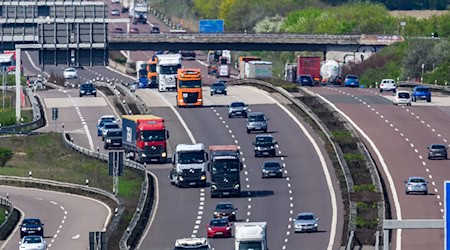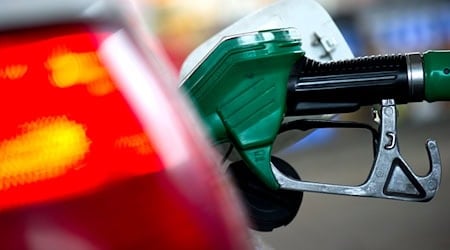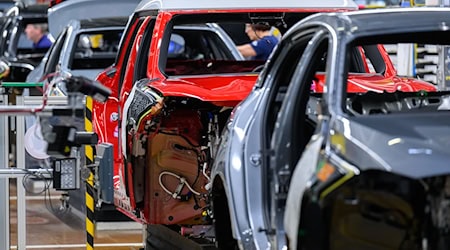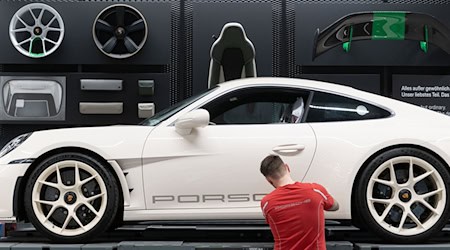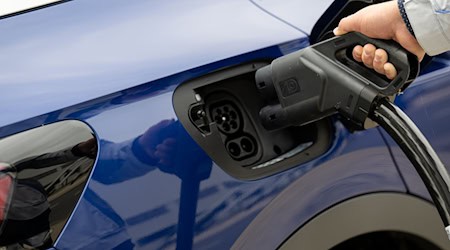Saxon Energy Minister Wolfram Günther (Greens) considers calls for e-fuels in normal cars to be a "ghost debate" and "market economy nonsense". "With e-fuels, only around a sixth of the energy remains. So if you want to put cars on the road with e-fuels, you need umpteen times more wind turbines, much more grid expansion and have to pay umpteen times more at the pump than you do now," argued the minister. He was curious to see how Minister President Michael Kretschmer (CDU) would explain this to the people. E-fuels are a waste of energy,
Kretschmer: Don't put all your eggs in one basket when it comes to individual mobility
Kretschmer had welcomed the proposal by EU Commission President Ursula von der Leyen (CDU) for exemptions for e-fuels from the ban on combustion engines by 2035. "Our climate policy must be competitive, open to technology and limited to a framework. Otherwise, we are jeopardizing our prosperity and acceptance among the population," he said. In fact, we should not put all our eggs in one basket when it comes to individual mobility, he said, as politicians do not know any better than the market and tens of millions of car drivers. The exemption for e-fuels could only be a first step.
Günther countered: there is no "end to the end of the combustion engine". The EU Commission President had merely announced that she would examine exemptions for the phase-out. Whether and the details are completely open. With statements about an end to combustion engines, people are being led to believe that cars are being taken away from them. But it is only about new registrations. People should also not be persuaded that e-fuels are a marketable product. "Behind such populist advances, however, there is another very serious problem. These constant backward rolls create uncertainty. And uncertainty harms the economy," emphasized Günther.
EU has sealed the end for new cars with diesel and petrol engines from 2035
In March 2023, the EU member states and the European Parliament sealed the end for new cars with diesel and petrol engines from 2035. In concrete terms, this means that new cars will no longer be allowed to emit carbon dioxide, which is produced during the combustion of petrol and diesel. At the urging of the FDP, the German government had campaigned for there to be exemptions for e-fuels - synthetic fuels that can theoretically be used to operate combustion engines in a climate-neutral manner.
Günther pointed out that Saxony is one of the most important European locations for the production of e-cars. "This is one of the foundations of Saxony as an industrial state. Such attacks on e-mobility are damaging to the Free State." Germany and the automotive state of Saxony would not allow zigzag comments to distract them from this global mobility turnaround.
Copyright 2024, dpa (www.dpa.de). All rights reserved

